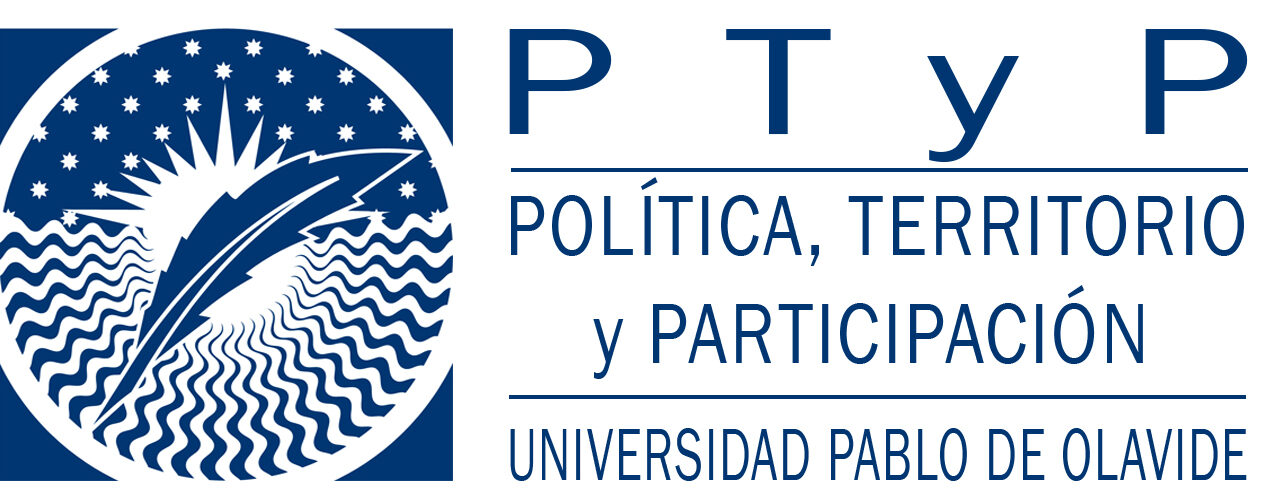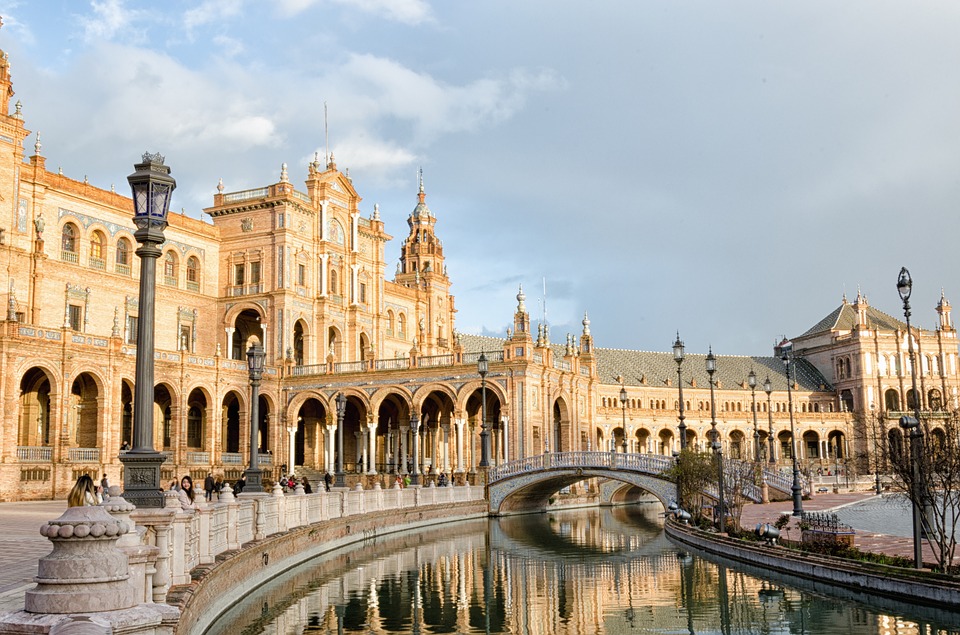It is based on detecting the vectors (identity domains) on which the Andalusian identity is based both in the political (and cultural) elites and in the citizenship, establishing comparisons and differences, and deepening them through the study of the discourses that they originate in diverse discussion groups and, alternatively, in the speeches generated by cultural agents and leaders of civil society. The study is original in its approach and has a basic social utility if it is understood that the collective identity is a source of social integration. Knowing its dimensions, its extension, its relevance and its complementarity with other collective identities for people is essential to better understand a society. It is a simple project that falls within the research line of the Andalusian Studies Center entitled "Social construction of culture and identity of Andalusia: The configuration and evolution of a new Andalusian cultural identity in the s. XXI.
It is a simple project that fits into the line of research entitled "Social construction of the culture and identity of Andalusia: The configuration and evolution of a new Andalusian cultural identity in the s. XXI. " Our objective is to detect the vectors on which the Andalusian identity is based both in the political elites and in the citizenship, to establish comparisons and differences, and to deepen them through the study of the discourses that originate in various discussion groups. The study is original in its approach and has a basic social utility if it is understood that the collective identity is a source of social integration. Knowing its dimensions, its extension, its relevance and its complementarity with other collective identities for people is basic for its promotion.
The study of cultural identities has a long tradition in the social sciences since it is understood that it is a factor of integration of citizenship that helps the survival of a society over time. However, the fact that identities can be kaleidoscopic as they have a built nature is often neglected and, as such, is composed of different contents (Anderson 1983, Varshney 1993), some more primordial (Geertz 1973), some more territorial ( Linz 1985) or of another nature. Experts call these contents "identity domains" (DiMaggio 1997). The Andalusian cultural identity is not an exception. For some people or groups will be linked to a territory, a linguistic accent, cultural events (flamenco, for example). For other people it will have a more historical dimension and a future projection. For other groups or people it will focus on climatological (sun, beach) or gastronomic issues. For some, this identity may be relevant while for others it may not be. Our research project starts from the kaleidoscopic conception of identity and seeks to discover the elements that draw the Andalusian identity, the identity domains. For this, proceed in three phases.
In the first place, the answers of the citizens and of the political elites with regard to identity will be studied. The objective is to identify the extension of the Andalusian identity and the vectors on which it is based. The work team will use the data of the surveys that the DASP group has made to the Andalusian deputies.
Methodology
First of all, the answers of the citizens and of the political elites with regard to identity will be studied. The objective is to identify the extension of the Andalusian identity and the vectors on which it is based. The work team will use the data of the surveys that the DASP group has made to the Andalusian deputies. These are open and closed questions that have their answer in some of the questions that the CIS asks the Andalusian citizens. Therefore, a comparison will be made between citizens and politicians to establish similarities and differences. For this, they will work with diverse surveys like the study 2610 of the Center of Sociological Investigations. Within this first phase, the social bases of the Andalusian cultural identity will be investigated, trying to find out to what social profiles the different dimensions of cultural identity are usually associated. For example, in other studies (Coller 2006, Miley 2006) it has become clear that the territorial and sentimental dimension of identity is often associated with conservative ideologies while the cultural and historical dimension is often related to left ideologies. On the other hand, it has also been discovered that women tend to develop peripheral identities more frequently than men (Coller and Castelló 2000). Our objective is to outline the social bases of the collective identity of Andalusia and its identity domains.
In this line, it is also sought to study the link between the Andalusian identity (or its dimensions) with the Spanish identity, since, unlike other communities, in Andalusia there may be an overlap between the two. As it happens in other cases (for example, the one in Valencia) and unlike others (for example, Catalonia or the Basque Country) we may be faced with a case of multiple identities combined more or less harmoniously, which would give rise to a of identity syncretism, a phenomenon still little studied.
In a second phase, the team will dedicate itself to delving into the discourses that the citizens elaborate on the Andalusian cultural fact and the associated identity. The objective is to know how the domains of identity are articulated and the relevance they have for citizens. Given the budgetary limitations, we will work with in-depth interviews with key informants such as intellectuals and parliamentarians. The identity domains will be indicated by the answers to the open questions of the questionnaire of political elites, the contributions of other scholars (bibliographic review) and will be open to the contributions of the in-depth interviews.
The study that is presented is relevant for society and for politics. Cultural identity is a source of social integration. Knowing the identity domains of a human group, and their level of syncretism with other identities, tends to facilitate their promotion in moments of social transformation like those we live. From here derives not only its relevance but also its social utility. The presented project can be characterized as original because its approach follows an intellectual route little explored from sociology and political science: contrast visions of the Andalusian identity that citizens have and the political leaders who govern it and who, ultimately, can decide on identity policies.
In a third phase, complementary to the previous ones, a survey will be carried out to middle school teachers to know their role as a building and development agent of the Andalusian identity.
The proposed objectives will be reached through the following steps:
- Descriptive and inferential analysis of the results of the surveys to the Andalusian political elites (own database) and to the citizens (databases of the CIS) with respect to the collective identity. The statistical analysis will include multilevel regressions to find out the most relevant factors that explain the Andalusian identity.
- Comparison of the results of the political elites and the citizens. Establishment of similarities and differences.
- Qualitative analysis of the answers to the questions open to political elites about what it means to be Andalusian and about the differential characteristics of the Andalusian identity.
- Realization of between 10 and 20 in-depth interviews with cultural and civil society leaders to learn their discourses on the Andalusian cultural identity.
- Interpretive analysis of the results of the interviews.
- Comparison of the results of the surveys and interviews.
- Realization and analysis of the survey to teachers of secondary education
In this work, we combine quantitative methods with qualitative methods in order to better understand the phenomenon to be studied and to obtain a more adjusted and more focused photograph.



